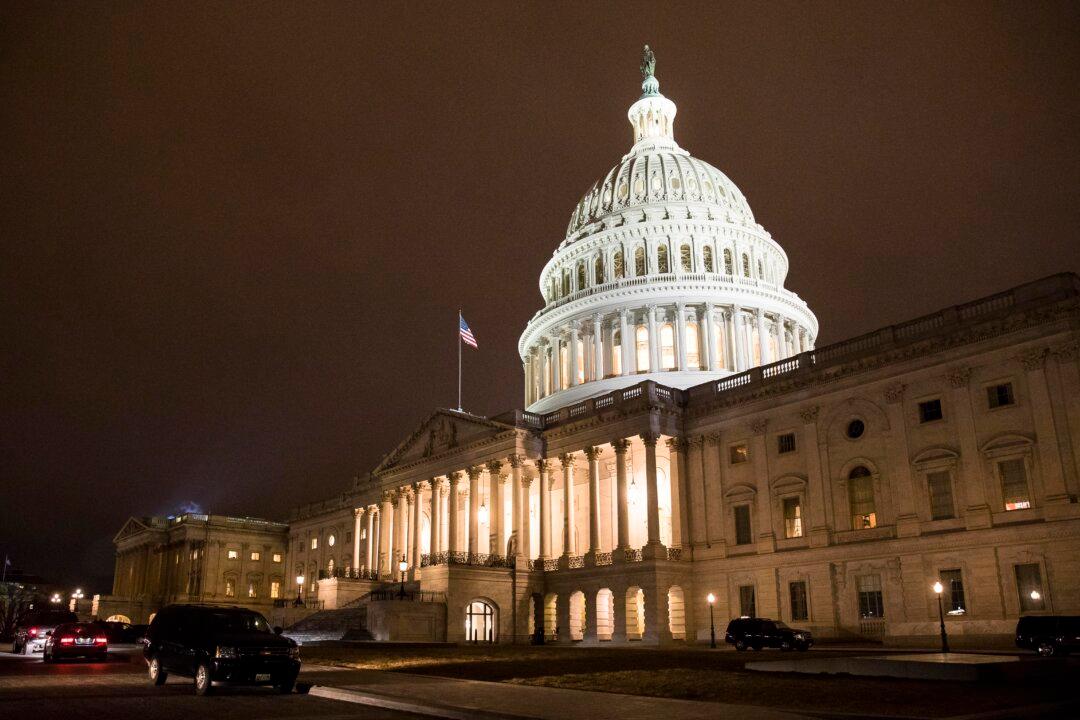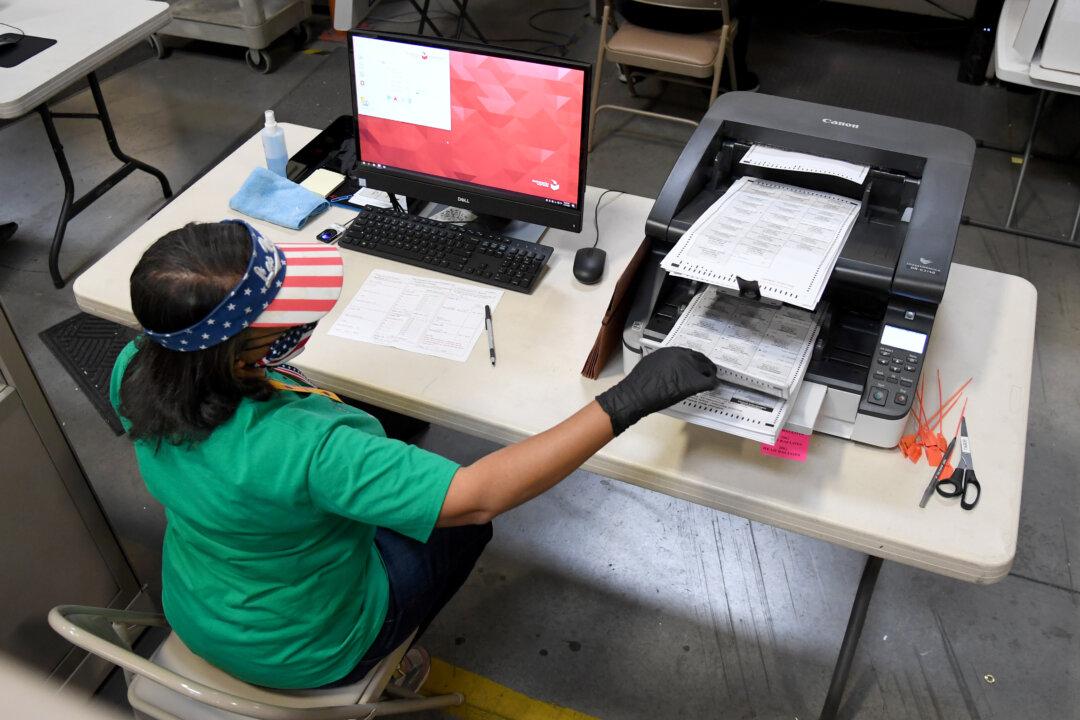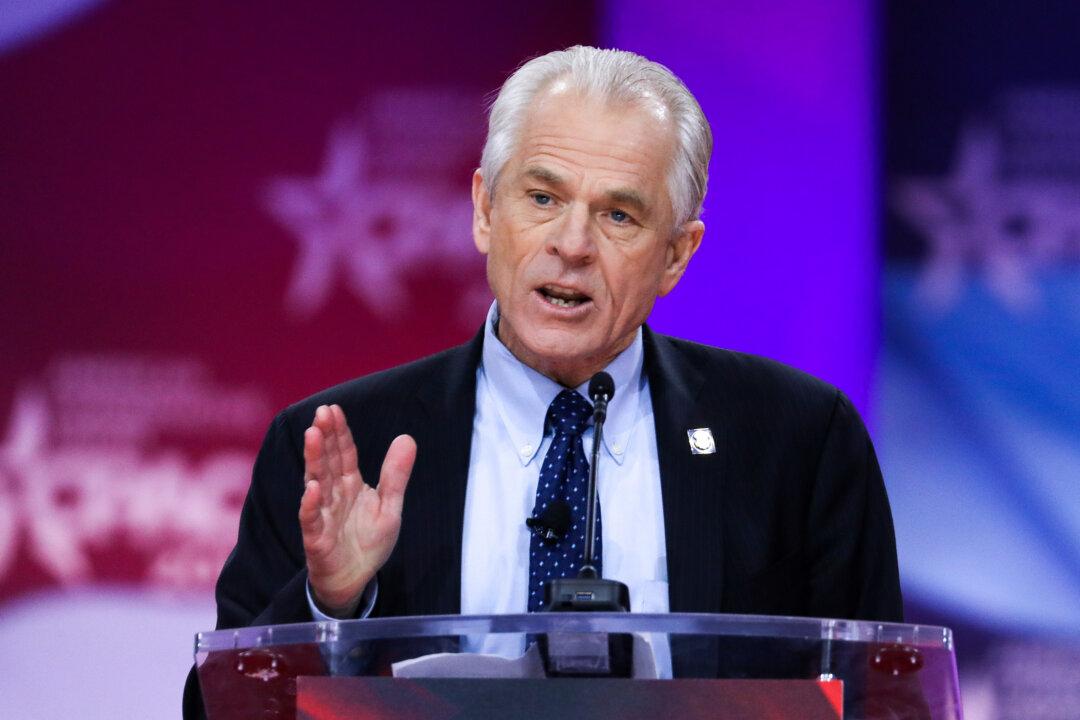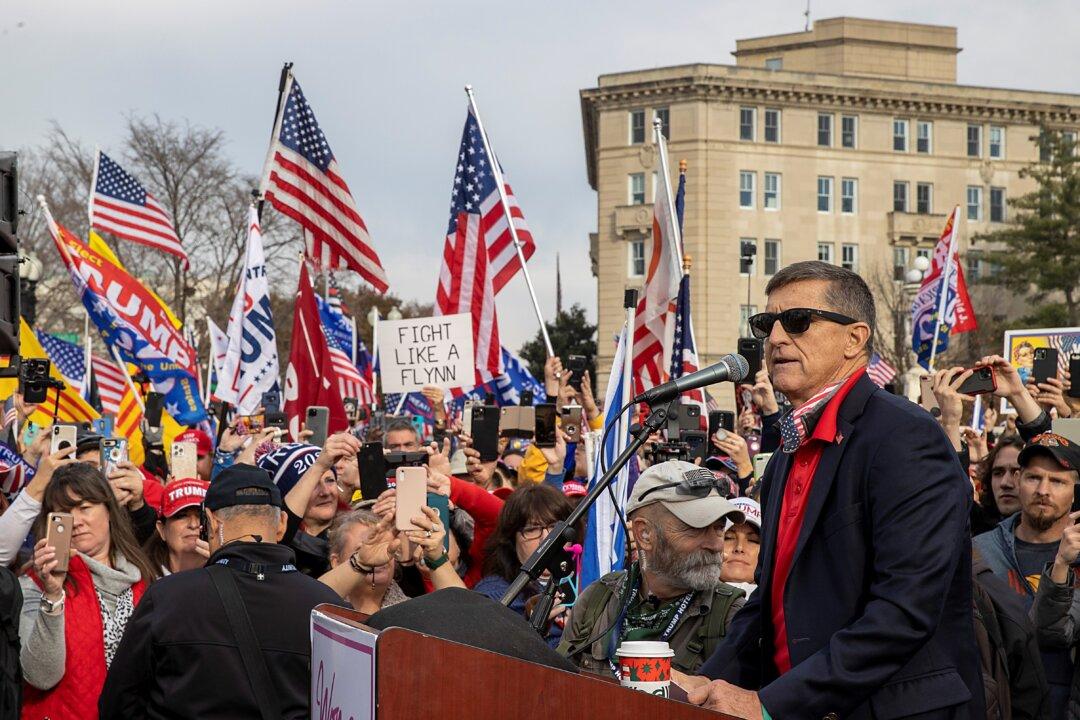Over the first weekend of August, two mass shootings left at least 50 wounded and over 30 dead. Amid a national cry for gun control, politicians are proposing red flag laws, including Sen. Lindsey Graham of South Carolina, in hopes of preventing further tragedies.
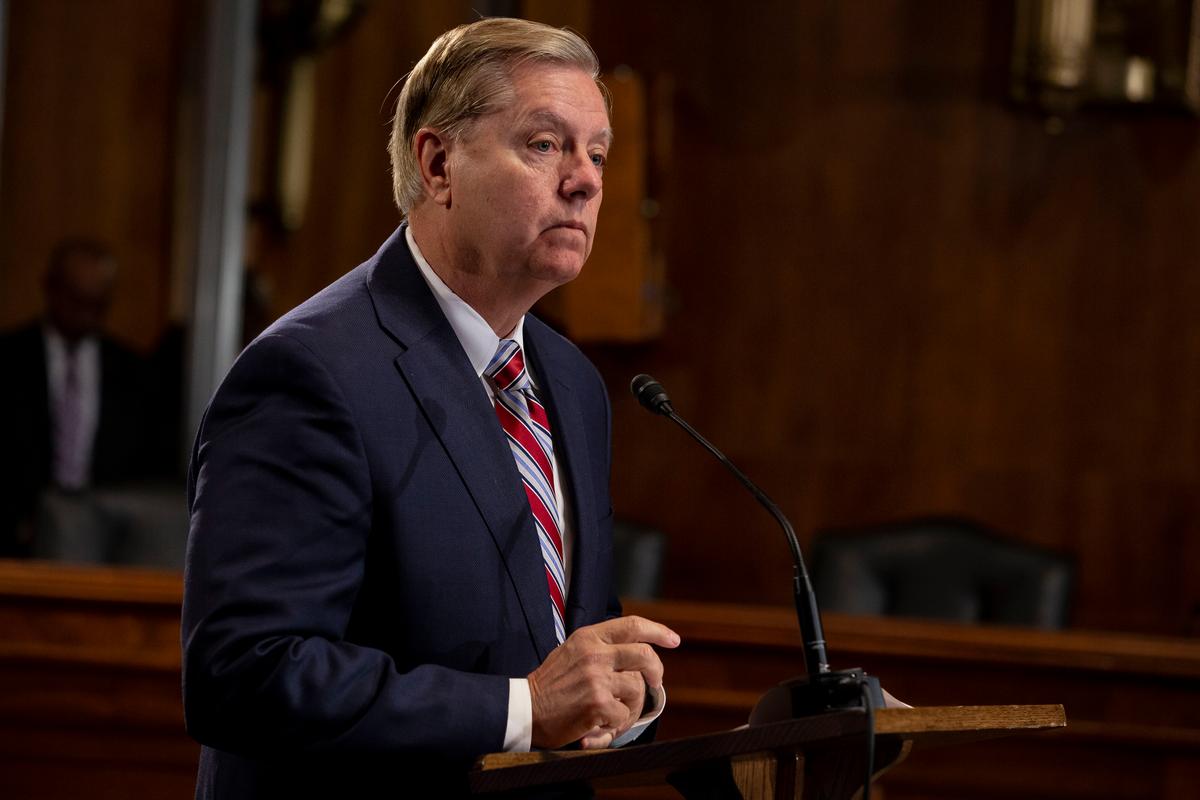
Sen. Lindsey Graham, (R-S.C.), at a news conference proposing legislation to address the crisis at the southern border at the U.S. Capitol in Washington on May 15, 2019. Anna Moneymaker/Getty Images
